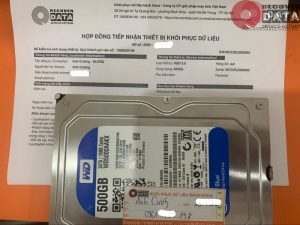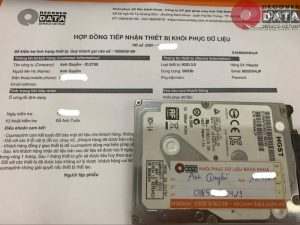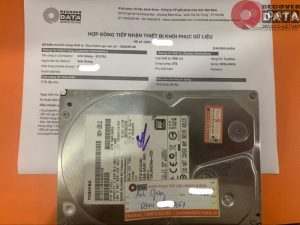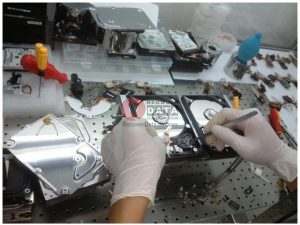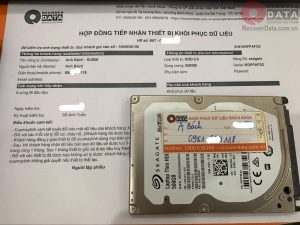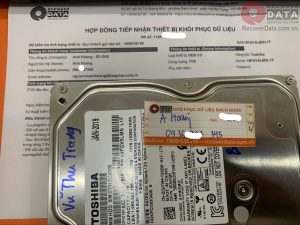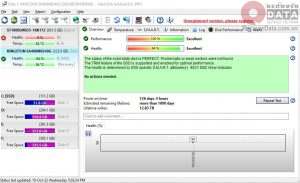Bách Khoa Data Recovery chuyên khôi phục dữ liệu Ổ Cứng máy tính PC, LAPTOP
Là công ty chuyên nghiệp có hơn 16 năm kinh nghiệm trong lĩnh vực cứu và khôi phục dữ liệu. Với hệ thống máy chuyên dụng hiện đại nhất trên thế giới được nhập khẩu. Đội ngũ kỹ thuật giầu kinh nghiệm. Đảm bảo tỷ lệ khôi phục dữ liệu cao nhất
Khôi phục dữ liệu hệ thống Máy chủ, SERVER RAID, NAS
Với tính cấp thiết của dữ liệu lưu trữ trên server để đảm bảo thời gian online chúng tôikhẳng định tốc độ khôi phục dữ liệu cho khách hàng là nhanh nhất. Với những trường hợp đặc biệt khách hàng có thể đợi lấy ngay.
Khôi phục dữ liệu SSD Khôi phục dữ liệu ổ cứng SSD
Chúng tôi cứu dữ liệu trên ổ cứng thể rắn SSD, bị lỗi, hỏng, không nhận hoặc nhận sai dung lượng. Lỗi Firmware







